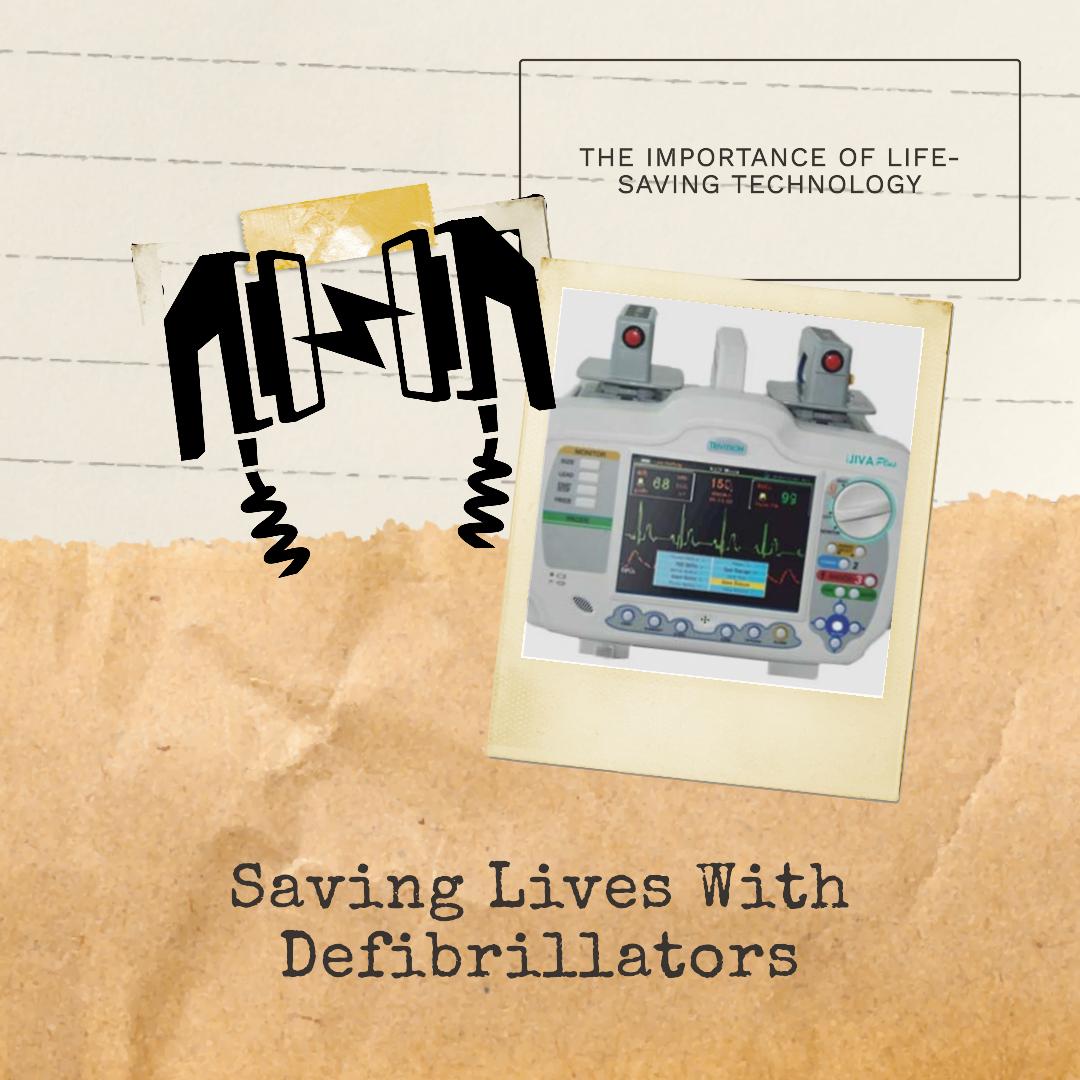This blog discusses the importance of defibrillators in emergency medicine, highlighting the advantages of biphasic defibrillators over traditional monophasic models in the Indian context.
Traditional monophasic defibrillators deliver strong, one-directional shocks requiring high energy (up to 360 joules) to restart the heart. While effective, this can damage heart tissue and limits portability due to bulky designs.
Biphasic defibrillators represent a leap forward. They deliver shocks in two phases with lower energy (120-200 joules), making them more efficient and reducing tissue damage. This translates to higher survival rates and compact, portable devices ideal for ambulances and remote areas.
Benefits of Biphasic Defibrillators in India:
- Improved efficacy: Biphasic technology is more effective at restarting hearts, leading to better patient outcomes.
- Reduced tissue damage: Lower energy shocks minimize the risk of complications during defibrillation.
- Enhanced portability: Compact designs allow for easier use in diverse settings across India's healthcare landscape.
Biphasic Defibrillator Price:
The cost of biphasic defibrillators may be higher than traditional models. However, the long-term benefits outweigh the initial investment. Improved patient outcomes mean lower healthcare costs associated with complications.
Conclusion:
Biphasic defibrillators are a superior technology for emergency cardiac care. Their effectiveness, safety, and portability make them ideal for India's evolving healthcare system. While the biphasic defibrillator price may be a consideration, the long-term benefits make them a worthwhile investment in saving lives.





Comments